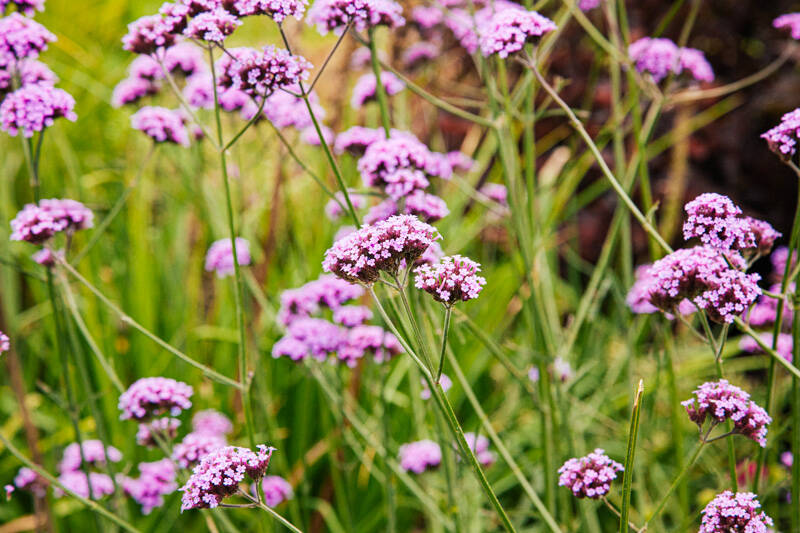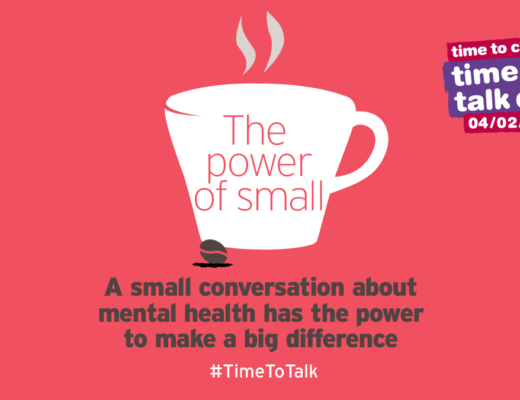Living in alignment with our values helps us make decisions based on what’s important to us.
Along with mindfulness and wellness, the phrases ‘be authentic’ and ‘living in alignment’ have become buzzwords over the last few years. We frequently see phrases on social media, often on a brightly coloured Instagram feed promoting positivity about ‘being your best self’ or simply, ‘live in alignment!’.
What they fail to tell us is that to live in alignment, we first need to understand what our values are.
Until I started training to become a counsellor, I didn’t really understand the concept of values. I’d read about them in personal development books but hadn’t fully grasped what they were.
Often, my life felt disjointed, more difficult than I thought it should, and things didn’t always flow. When I started my course, I realised I felt that way because I was out of alignment. But even at college, things didn’t feel right; I struggled from the start and dreaded every session.
I found myself in a position I’d been in many times before. I was trying to wedge myself into a career where even the training left me feeling like a square peg trying to fit into a round hole.
I kept pushing, even though it didn’t feel right, and something was missing. I wanted to help and support people, but two-and-a-half years into a four-year course, I realised I was still out of alignment.
There should have been more enjoyment in the process. But I only ever enjoyed writing my weekly journal. This should have been a huge clue. I should have listened to my intuition and checked in with my values sooner. But I kept on suppressing the one thing I wanted to do.

Losing my dad made me reassess everything.
Five weeks before the end of my second year, my dad passed away. Somehow, I completed all my work and made it to the end, but I couldn’t stop thinking about starting my third year. Something didn’t sit right with me, and I was undecided about what to do.
I was still wading through my grief, my uncertainties still hung over me, and my training still didn’t feel right. I decided to defer for a year and give myself some breathing space. Once I allowed myself to step back, I finally accepted it wasn’t what I wanted. So, I didn’t go back.
But where did this leave me? I wanted to help others, but I was also craving creativity. I had no idea what my new path could look like.
There are alternative ways to support others.
As it happens, there are alternative ways to help and support others. I realised I could use my words to help and inspire people, which also ticked the box for creativity — so I enrolled on a journalism course.
After many years of wanting to be a writer, I finally decided to follow my dream. It had always seemed like a long shot and out of reach. But suddenly, I was following my heart, writing assignments, and covering topics that meant something to me that could also help others.
I just wish I’d done it sooner.
Sometimes, even when things don’t feel right, we keep pushing. We convince ourselves we’re on the right path, even though deep-down we know we’re not. And just like many others before me, it took a life altering event for me to stop and check in with myself.
Returning to the brightly coloured Instagram feeds telling us to ‘live in alignment’, I’d like to break that down and get to grips with what values are, and how-to live-in alignment with them.
What are values?
Values are the attributes of the person we want to be and the driving force behind our attitudes, behaviours, and actions. Values serve as a guide for how we want to live our life and help us to live in a way that’s meaningful and purposeful.
Dr Rangan Chatterjee describes them as, ‘When your inner values and external actions are the same. When the person who you really want to be inside and the person you are actually being out in the world, are one in the same.’
Many of our values and beliefs have been with us since we were a child passed down from generation to generation. During our most formative years, we soak up information from our primary caregivers. They teach us what’s important, and what behaviour is right and wrong.
As we get older and start mixing with people outside the family unit, we get introduced to values that don’t always match those we grew up with. When we start school, make new friends, fall in love, and find our way in the world, we develop our own values.
Some of these may run alongside the family values we grew up with; some might even replace them. As we replace the family values with new ones, we might feel stuck, as we figure out our path.
This is why we should check in with ourselves regularly, ensuring our actions still align with our values.
How to determine what your values are.
To determine your values, you need to look at what’s important to you. If you have a family history of high blood pressure, you might prioritise your health. This is a straightforward value, but others might not be as easy to choose.
It’s helpful to reflect on different areas of your life and ask yourself some questions. Look back at the times when you were most happy, joyful, or fulfilled. How about the people you admire, what qualities do they possess?
Where do you see yourself in the future? What are your hobbies and passions? What do you always make time for? It could be that you’re happiest when you’re out hiking. Or, you might have enjoyed the summer you volunteered at your local homeless shelter.
This is a valuable exercise in figuring out what’s important to you; you might be surprised by what you discover.

How to choose actions that support your values.
Living in alignment with our values means our actions and behaviour support what’s important to us. Once you’ve decided on your values, it’s time to focus on the steps that support your choices.
Let’s say you choose health, adventure, and kindness, the next step is to determine what each one looks like. Looking after your health might include eating well, exercising, reducing your alcohol consumption, and introducing meditation.
Adventure might mean hiking regularly, trying a new hobby, or finally booking that zip-wire experience.
Kindness could be volunteering somewhere, looking out for your elderly neighbour, offering support to family and friends, or being kind to yourself when things are difficult. The actions will be relative to what each value means to you.
To make sure you’re living in alignment, check-in regularly on your actions and behaviour.
Check-in regularly to ensure your actions and behaviours support your values. Family life, work, and illness are all things that can knock us off-kilter and out of alignment. If things feel a bit off, return to your values and check to see if your actions and behaviour still support you.
If they don’t, ask yourself why? Sometimes, you might have lost your way a little — other times you may need to re-evaluate your values and check to see if they still serve you.
Be honest, and don’t compare yourself to others.
Stay true to yourself and try not to fall into the comparison trap. Don’t compare yourself to someone else’s highlight reel that depicts a perfect life. When things feel out of alignment, it can be too easy to look at what other people are doing.
Your values are relevant to you, your life, and your circumstances. Be honest with yourself about what you want, not what you think you should be working towards. Don’t let yourself be influenced by others.

Get clear on what’s important.
Although you might convince yourself you have ten different values that all appear to be equally as important, shame and vulnerability researcher Brené Brown has different ideas.
After looking through 500,000 pieces of data, she concluded that the people who were the most clear on their values were the people who had no more than two. Some had just one.
When Brené does this exercise with her team or a company she is working with, she asks them to pick their top two values. Doing this means they’re crystal clear on what’s important to them.
That’s why it’s good to check in regularly and see where you are. Just as we change and grow, our values do too. It’s highly likely, the values you hold now are probably wildly different to the ones you held 5, 10, and 15 years ago. They might even be different from last year.
Why living in alignment with our values is important.
Living in alignment with our values gives us a greater sense of satisfaction. It helps us to live on purpose, not only with what we want to achieve, but our performance along the way.
We find making decisions easier because we have a clearer idea of what’s important to us. It also adds meaning and direction to our life.
Not living in alignment with our values, can leave us feeling dissatisfied, stuck, and out of flow. There will probably be several wrong turns along the way, but ultimately, each detour gets us closer to where we want to be.






No Comments